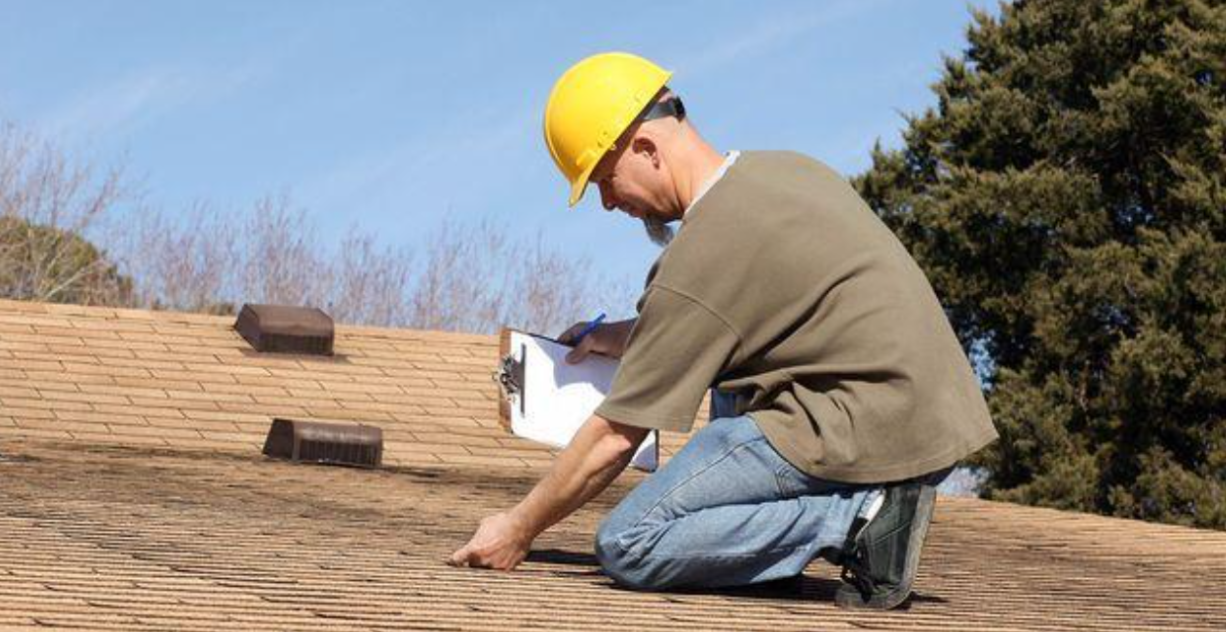
Buying a home is one of the biggest investments most people will ever make. Before you sign the papers, you need to be confident that the property is safe, sound, and worth the asking price. That’s where a home inspector comes in. A good inspector can uncover hidden issues and save you thousands of dollars down the road. But with so many options out there, how do you know which inspector is the right one for you?
This guide will walk you through what to look for, what questions to ask, and how to feel confident in your choice.
Why a Home Inspection Matters
A home inspection isn’t just another box to check off in the buying process. It’s your chance to get a clear picture of the property’s condition before making a huge financial commitment. Inspectors evaluate key areas such as:
- The roof and structure
- Electrical systems
- Plumbing and water flow
- Heating and cooling systems
- Foundation and overall safety
Catching problems early gives you the chance to renegotiate, ask for repairs, or walk away if necessary.
Step 1: Check Credentials
Not all inspectors are created equal. Start by confirming that the inspector is:
- Licensed (if your state requires it)
- Certified through a respected organization, like ASHI (American Society of Home Inspectors) or InterNACHI (International Association of Certified Home Inspectors)
- Insured, which protects you in case something goes wrong
Credentials show that the inspector takes their profession seriously and follows industry standards.
Step 2: Look for Experience
A license is important, but experience is what sets great inspectors apart. Ask how long they’ve been in business and how many inspections they’ve completed. An inspector who has worked with homes in your area will know the common issues—whether that’s water damage, old wiring, or foundation cracks.
Tip: Some inspectors have backgrounds in construction, plumbing, or electrical work, which can be a bonus.
Step 3: Review Sample Reports
Before hiring anyone, ask to see a sample inspection report. This gives you an idea of how detailed their findings are. A strong report should:
- Include photos of problem areas
- Provide clear explanations (not just technical jargon)
- Offer repair recommendations and urgency levels
If the report looks rushed or confusing, that’s a red flag.
Step 4: Ask the Right Questions
When you interview potential inspectors, here are a few questions to ask:
- How long will the inspection take? (Most thorough inspections last 2–3 hours.)
- Can I attend the inspection? (A good inspector will welcome you.)
- Do you specialize in certain types of homes or issues?
- How soon will I get the report?
Their answers will help you gauge professionalism and communication style.
Step 5: Compare Costs—But Don’t Just Go Cheap
Home inspection fees vary depending on the size and age of the house. On average, expect to pay between $300 and $500. While it may be tempting to choose the cheapest option, remember that you often get what you pay for. Saving $50 now could cost you thousands if an inexperienced inspector misses a major problem.
Step 6: Check Reviews and References
Look for inspectors with consistent positive reviews on Google, Yelp, or local directories. Pay attention to comments about thoroughness, professionalism, and communication. If possible, ask the inspector for references from past clients.
Step 7: Trust Your Gut
Finally, trust your instincts. You want someone who not only knows their stuff but also communicates clearly and makes you feel comfortable. Buying a home is stressful enough—you don’t need an inspector who leaves you with more questions than answers.
Choosing the right home inspector is a critical step in protecting your investment. Take the time to check credentials, review sample reports, and ask the right questions. Spending a little extra effort up front can give you peace of mind and potentially save you thousands of dollars.
Whether you’re a first-time buyer or a seasoned homeowner, the right inspector will help you move forward with confidence.
